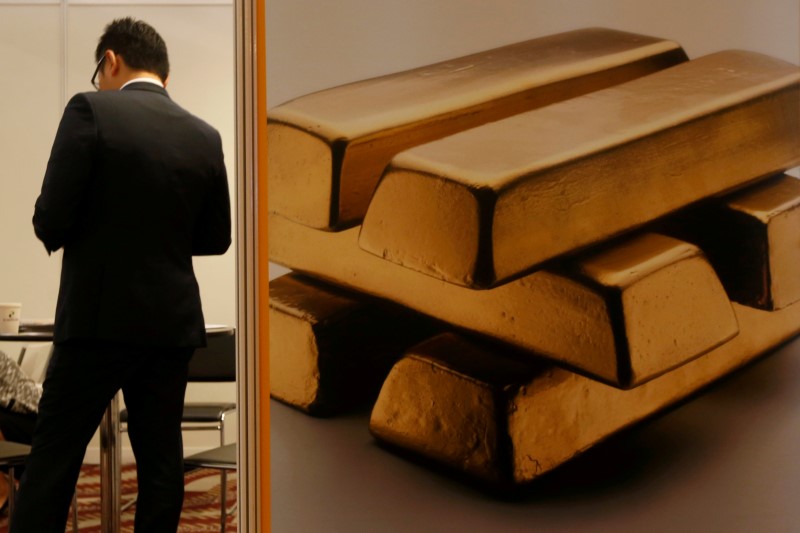By Melanie Burton
HONG KONG (Reuters) - The head of the London Metal Exchange (HK:0388) on Tuesday said the bourse's falling trade volumes could be linked to a fee-hike introduced early last year, but added that the main reason for the decline was a downturn in the global economy.
Hong Kong Exchanges and Clearing Ltd (HK:0388) bought the LME for $2.2 billion (1.55 billion pounds) four years ago, before raising trading fees by an average 31 percent in early 2015 as it aimed to wring profit from its investment.
LME volumes fell in 2015 and have dropped by 9 percent in the first quarter, a trend the Hong Kong bourse has previously blamed on slow market conditions. Volumes at rivals the U.S Comex bourse and Shanghai Futures Exchange have grown.
"People say: you've increased fees and the volumes are down. At the end of the day, there may be a link," CEO Garry Jones said at a conference in Hong Kong.
"Yes we did raise fees a year-and-a-half ago ... (but) the underlying drop in volume is much more down to the underlying decrease in (economic) growth," Jones said.
The drop in LME trading volumes in near-term, or so-called tomorrow/next day trade, was also due to lower volumes of metals in its warehouses, Jones added.
The sale of the LME, at that time a member-owned exchange, offered a cash bonanza for its members, including JP Morgan, Goldman Sachs (NYSE:GS) and Marex Financial, with shareholders paid tens of millions of pounds for their equity.
But a four-year-old bear market later, banks and brokers are contending with tougher European regulations that have raised costs and eroded the balance sheet they once extended to their customers.
At the same time customers have been squeezed by low prices and faltering demand-growth in top consumer China.
HKEx Chief executive Charles Li said that the Hong Kong bourse has invested heavily in exchange infrastructure, including setting up a clearing house and boosting risk and oversight procedures.
Tapping the discontent from brokers about rising fees, a former LME chief executive said last week he was holding talks with trading houses and brokers about launching a new London-based metals trading platform in a challenge to the LME.
"I think this discussion about alternative platforms, can only lead to two outcomes: either the members develop a better appreciation of our service, quality, risk management and reasonable fees; or it leads to a better appreciation for us to run this exchange differently, miraculously, that somehow we can run it at the same level and not have to charge the fees."
The LME, the world's biggest and oldest metals market place, which has traditionally been a first port of call for metal consumers and producers, has also suffered from struggling new contracts and controversy over backlogs at warehouses.
